AeroGenie — Uw intelligente copiloot.
Trending
Categories
Airbus Considers Suspending A319neo Program After Limited Orders
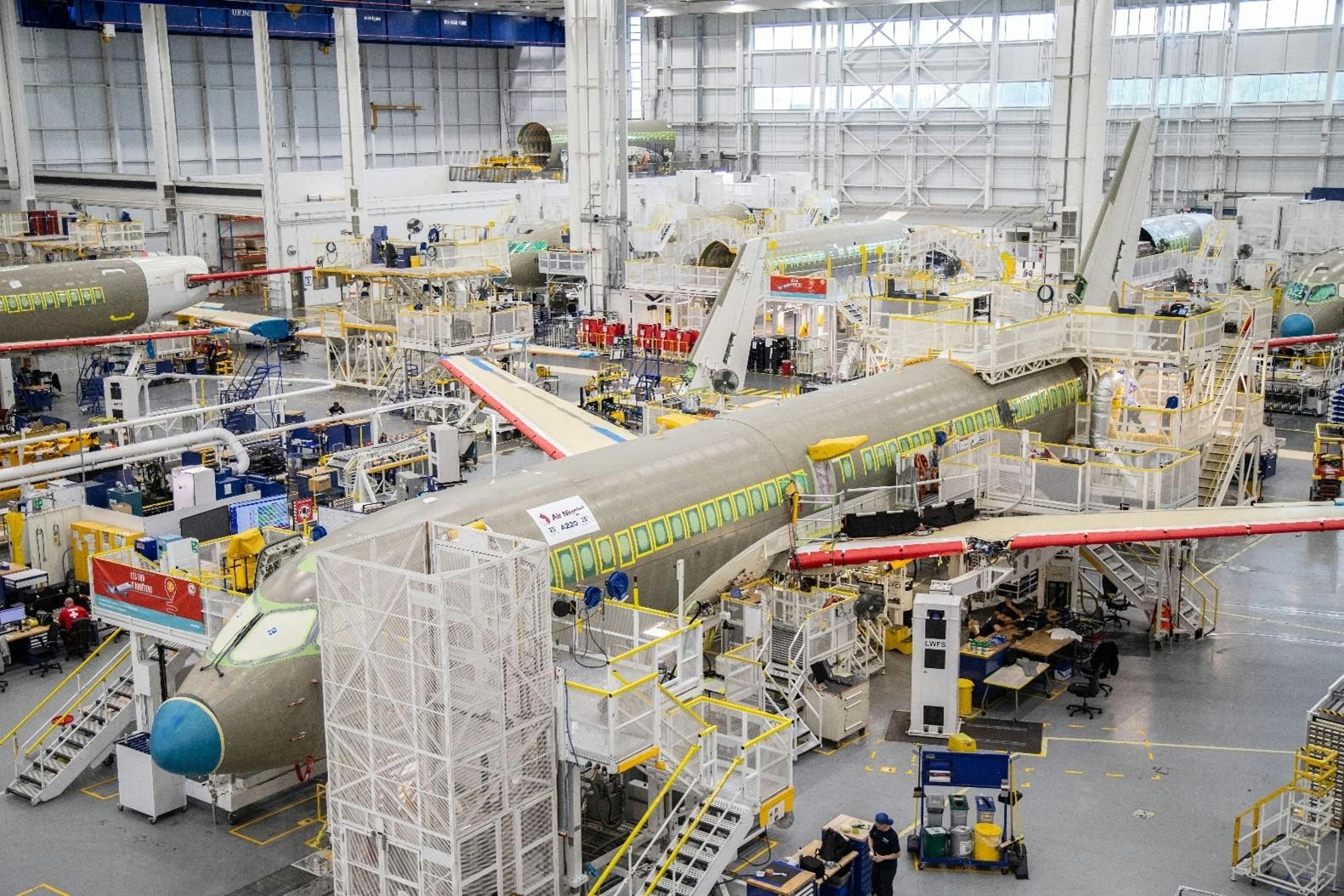
Airbus Considers Suspending A319neo Program Amid Limited Demand
The Airbus A319neo, the smallest member of the European manufacturer’s A320neo family, faces an uncertain future as Airbus contemplates suspending the program due to persistently low demand. Since its launch in 2010, the aircraft has secured only 57 orders, many of which come from a limited number of Chinese carriers. This tepid market response reflects a broader industry trend favoring larger, more efficient aircraft that better meet airlines’ evolving operational and economic priorities.
Market Challenges and Shifting Airline Preferences
Airlines have increasingly moved away from the A319neo, driven by changing fleet strategies and a focus on maximizing operational efficiency. Although the A319neo benefits from advanced engine technology shared with its larger siblings, its smaller size results in a higher cost per seat, diminishing its appeal. In contrast, the A320neo and A321neo have garnered significantly more orders—over 4,000 and 7,000 respectively—due to their superior economics and greater flexibility across diverse route networks.
Marc Guinot, Chief Engineer for the Airbus A320 Family, acknowledged the aircraft’s declining relevance, stating, “There is not much more in the orderbook, even if we know it’s an important product. We could think of stopping the A319 at a point in time, but to do this we should first have an A320neo with a very good level of performance for high altitude airports.”
Niche Capabilities and Limited Market Appeal
The A319neo’s principal advantage lies in its performance at high-altitude airports such as Lhasa and Nyingchi in western China, where thin air and short runways require strong takeoff capabilities. This has made the aircraft a practical choice for carriers including Tibet Airlines, China Southern, West Air, and Air China, which collectively account for nearly half of all A319neo orders. The remainder of the orders are distributed among government, executive, and private operators.
Despite these niche strengths, the broader market has largely moved on. Newer, more capable variants of the A320neo are expected to assume responsibilities for high-altitude operations, further diminishing the A319neo’s unique selling points.
Implications for Airbus and the Industry
Suspending the A319neo program would pose significant challenges for Airbus, particularly in terms of managing its supply chain and reallocating production resources. Such a move could also trigger shifts in the competitive landscape, with rival manufacturers like Boeing and China’s Comac potentially seeking to capitalize on Airbus’s withdrawal from this segment to expand their market share in the narrow-body category.
Furthermore, the global aerospace industry continues to face complex supply chain disruptions, which may affect production schedules and costs as Airbus adjusts its product lineup. The potential suspension of the A319neo highlights the evolving dynamics of the commercial aviation market, where efficiency, capacity, and adaptability increasingly determine success.
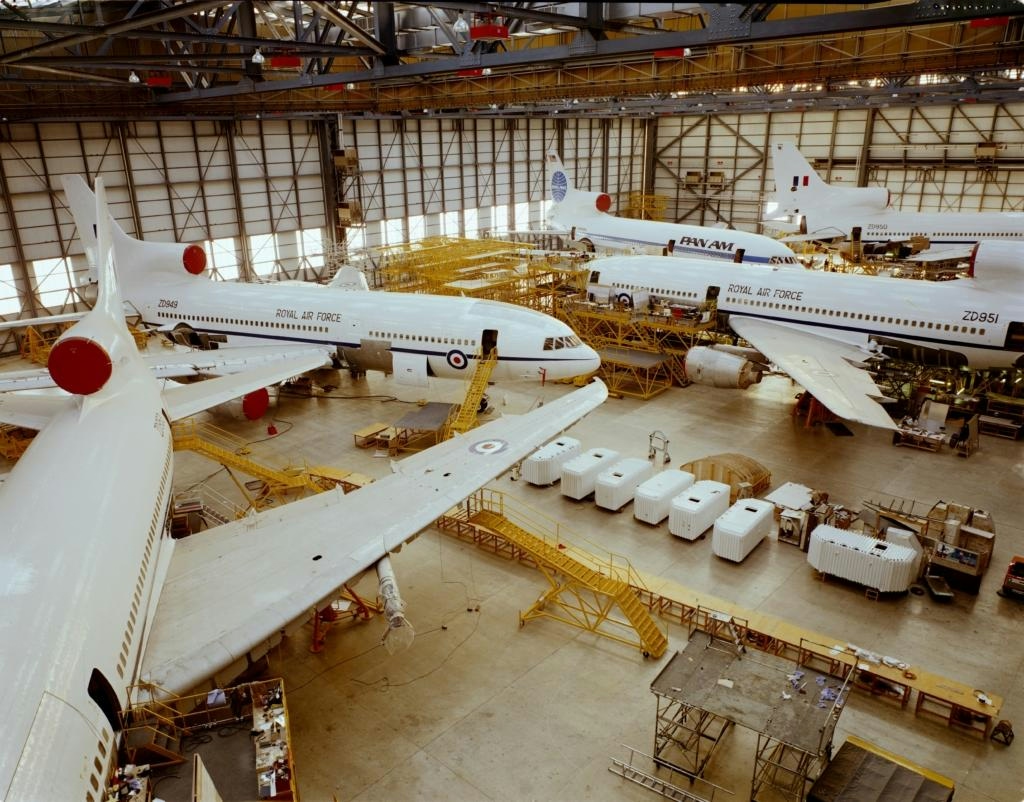
Marshall Aerospace’s 115-Year Evolution from Cars to C-130s

Advancing Sustainable Aviation Goals for 2050

Sabre Introduces New AI-Driven Platform

Photo of the Day: Special Delivery
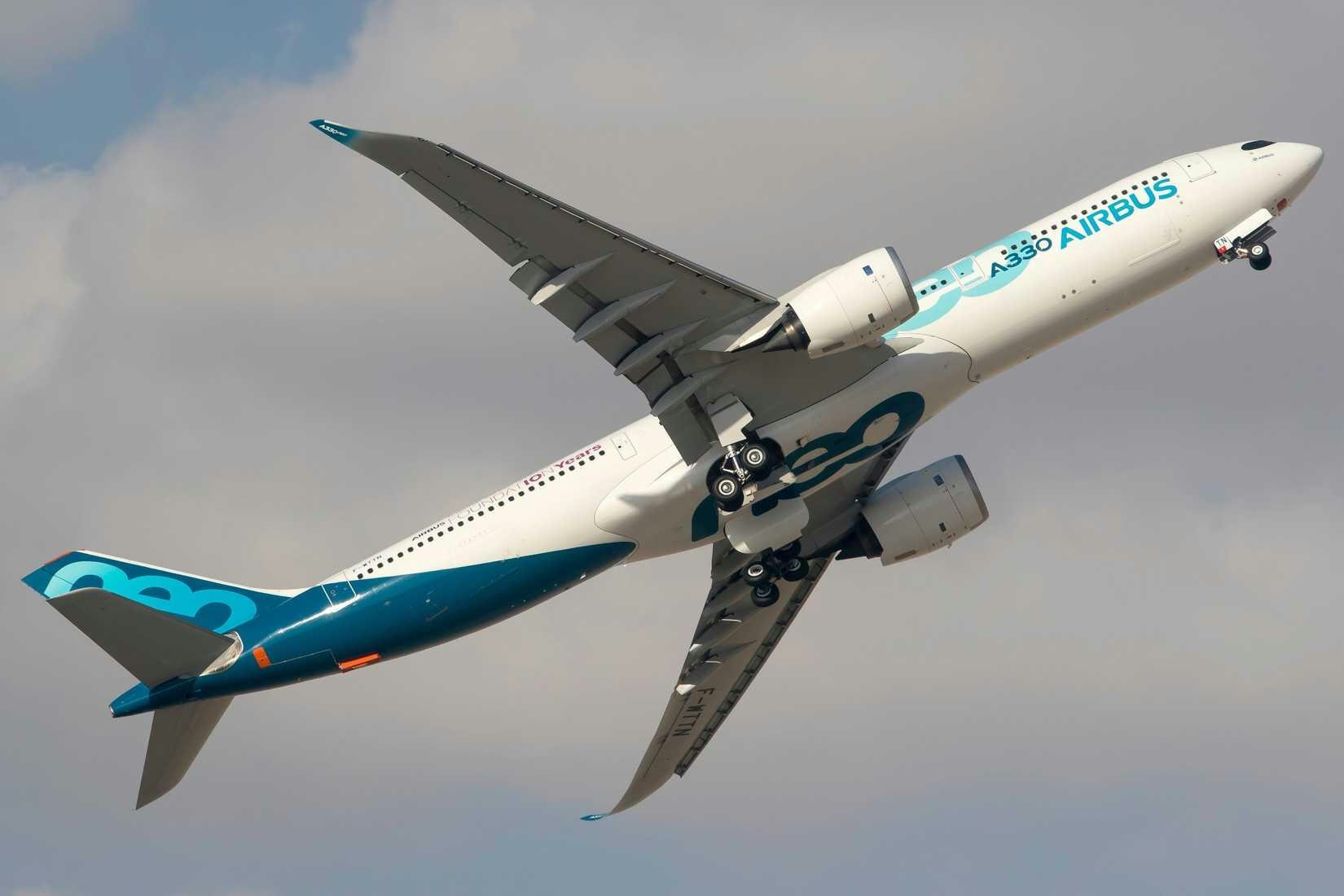
GOL CEO Confirms Possible Arrival of A330neo Widebody Aircraft

American Airlines donates APU to AIM Chicago for student training
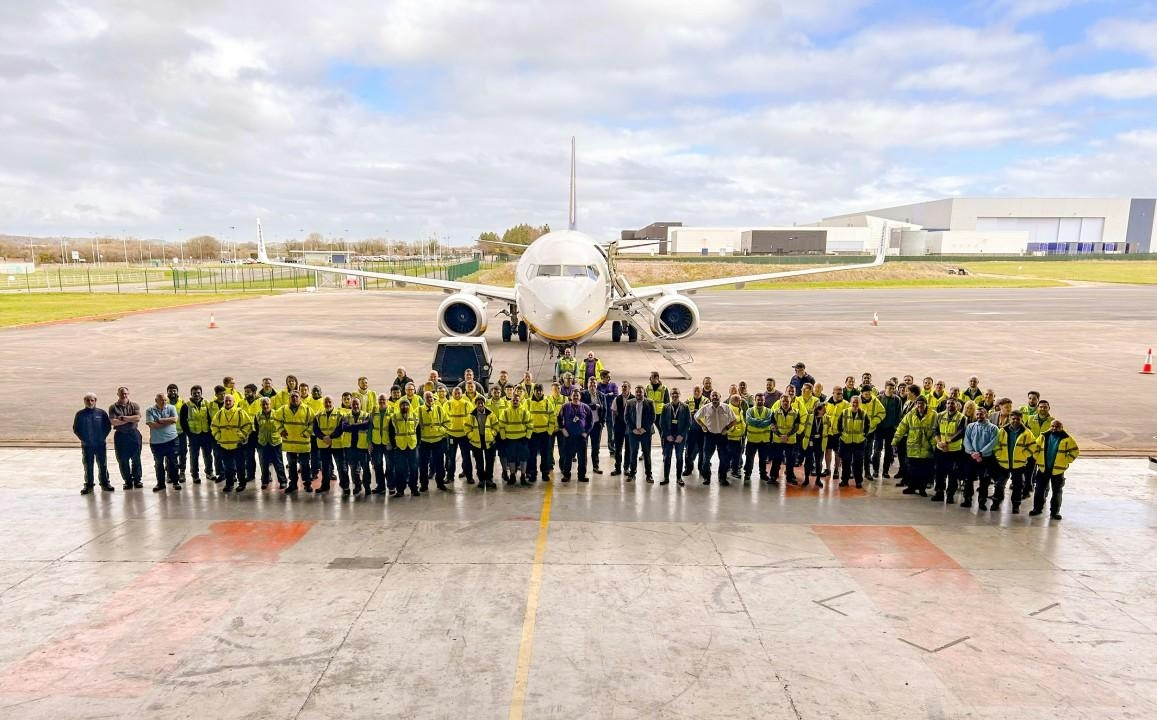
Steer Appointed Base Maintenance Manager at Caerdav
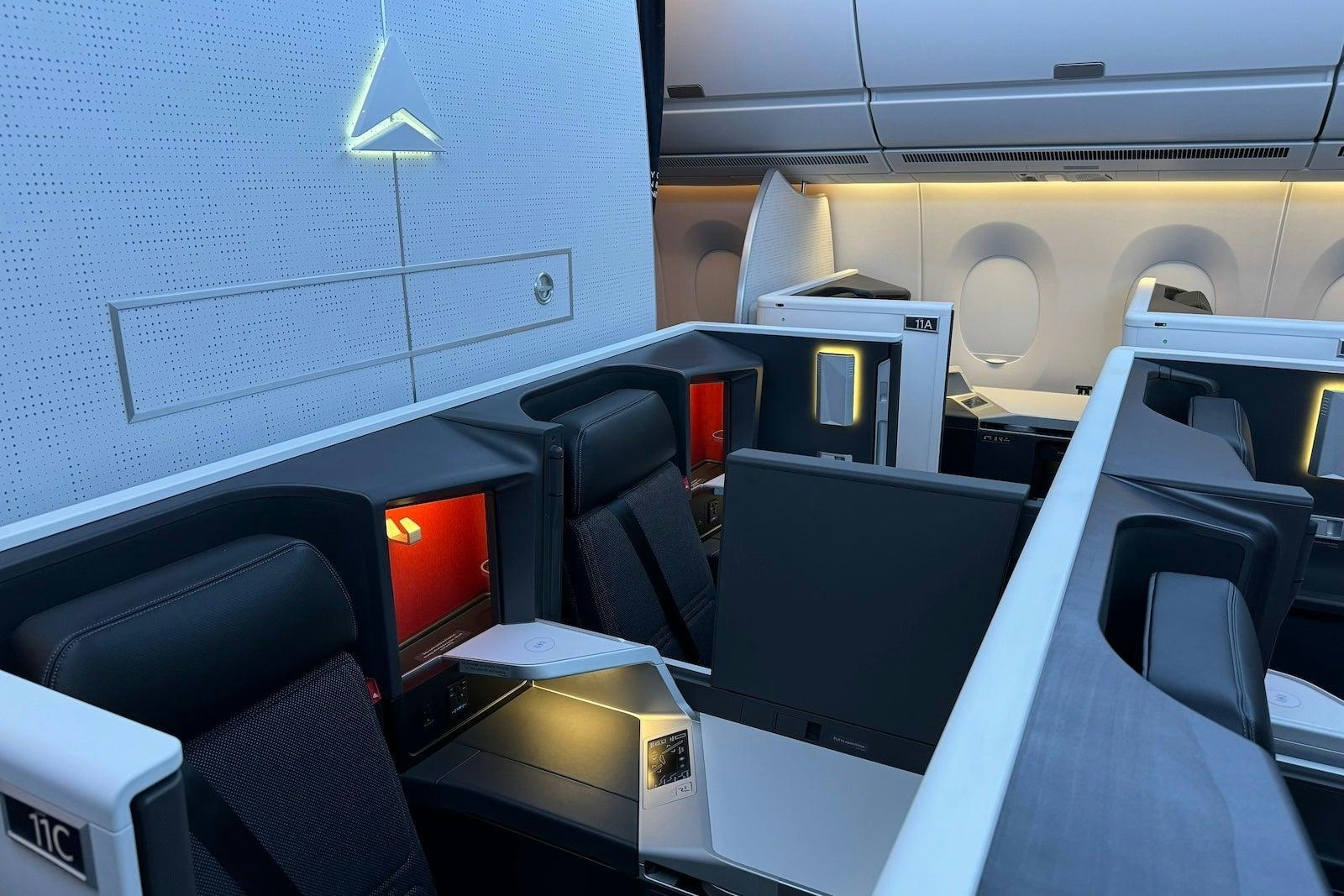
How Airline Technology Is Changing U.S. Domestic Travel in 2026
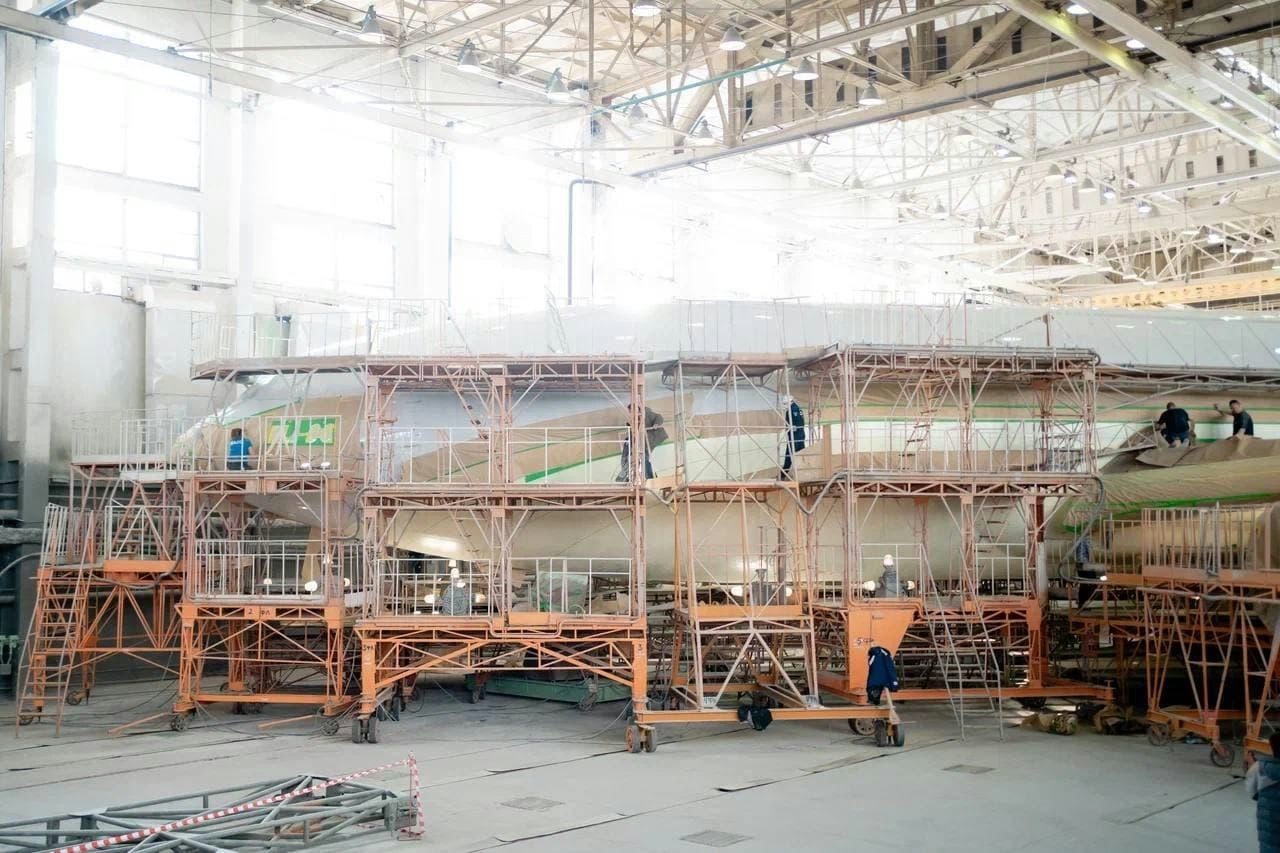
New Il-96 Wide-Body Aircraft Built in Russia; Customer Remains Undisclosed

Japan Airlines Launches JAL Innovation Fund II to Support Technology Ventures
